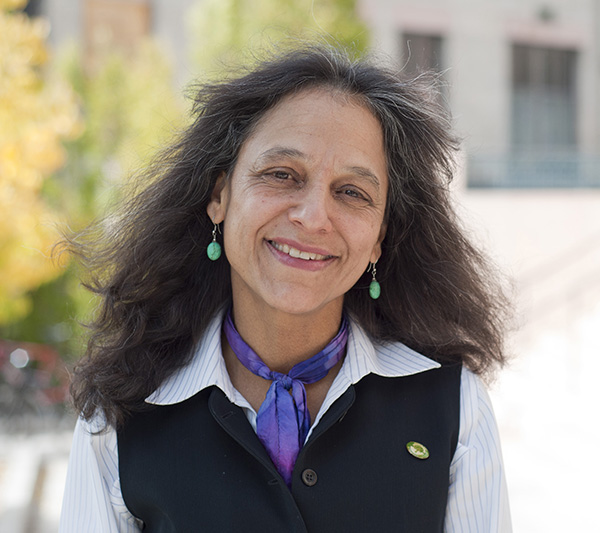Arts and Sciences honors outstanding achievement
adrianaFourteen faculty, six staff and seven graduate students were honored for outstanding achievement at the fourth annual College of Arts and Sciences Appreciation and Recognition Social. » More …
Fourteen faculty, six staff and seven graduate students were honored for outstanding achievement at the fourth annual College of Arts and Sciences Appreciation and Recognition Social. » More …

An internationally renowned forest ecologist and leader in prison reform will talk about blending science, nature and social justice in a free, public address at 7:30 p.m. Monday, Nov. 30, in the Compton Union Building Auditorium at Washington State University Pullman. » More …

Poorer neighborhoods of immigrant, non-English speaking Latinos are more likely to be exposed to cancer-causing pollutants than communities of any other group in the country, according to a new study published this week. » More …

Sociologist and Mormon scholar Armand Mauss says that, as a relatively new religious movement, the Church of Jesus Christ of Latter-day Saints has followed a developmental trajectory similar to many other such movements. In the next few years, however, as the church enters its third century, it is likely to face many new and unprecedented challenges. » More …

Thirty-nine awards were presented recently to 45 WSU students—many in the College of Arts and Sciences—at the third annual Showcase for Undergraduate Research and Creative Activities (SURCA) 2014.
The work of 192 students University-wide was detailed in 11 oral and 145 poster presentations open to faculty, staff, students, and guests. More than 100 judges evaluated the presentations. The judges included WSU emeriti faculty and retirees, faculty, staff, and post-doctoral students as well as experts from companies outside of WSU.
While many students from urban campuses traveled to participate, SURCA was made available to two place-bound students thanks to web conferencing provided by the Global Campus. A Pullman student studying abroad in Mexico and a WSU Vancouver student who was unable to attend SURCA in person talked “live” to their judges who were in the senior ballroom of the Compton Union Building.